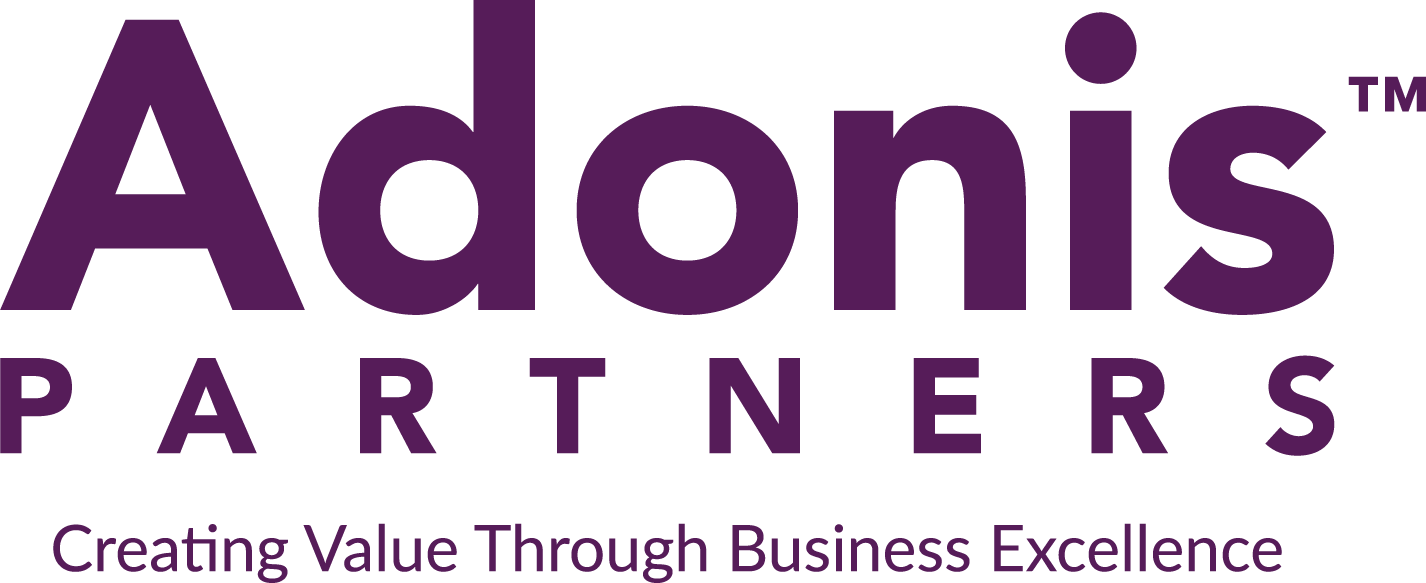
How to Get Immediate and Quantifiable Outcomes Through Lean

In a blog post my colleague Travis Ratnam wrote on the essence of lean transformation, he explored the benefits of this transformational management philosophy for achieving business excellence. Implementing lean practices can indeed deliver immediate and quantifiable outcomes, providing several benefits to a business.
Here’s how:
Waste Reduction:
- Lean focuses on identifying and eliminating various types of waste, such as overproduction, excess inventory, defects, waiting time, unnecessary motion, and more.
- By minimizing waste, resources are used more efficiently, leading to immediate cost savings and improved productivity.
Improved Process Efficiency:
- Lean principles emphasize streamlining processes to achieve optimal flow.
- Businesses can experience immediate improvements in cycle times, reducing lead times and enhancing overall efficiency.
Increased Productivity:
- Eliminating non-value-added activities and improving workflows will lead to increased productivity.
- Employees become more engaged and efficient in their roles, contributing to higher output without a proportional increase in resources.
Enhanced Quality:
- Lean practices include building quality into processes rather than inspecting defects out.
- Immediate improvements in product or service quality can be realized through error prevention and continuous improvement efforts.
Inventory Reduction:
- Lean encourages a pull-based system where production is based on customer demand rather than forecasting.
- This can lead to a significant reduction in inventory levels, freeing up capital and warehouse space.
Customer Satisfaction:
- Lean is customer-centric, focusing on providing value from the customer’s perspective.
- By delivering what the customer needs when they need it, businesses can experience increased customer satisfaction and loyalty.
Cultural Change and Employee Engagement:
- Lean Transformation involves fostering a culture of continuous improvement and empowering employees to contribute ideas.
- This cultural shift can lead to increased employee satisfaction, motivation, and a sense of ownership in the organization.
Cost Savings:
- Waste reduction, improved efficiency, and productivity gains directly contribute to cost savings.
- The financial impact of Lean practices can be quantified quickly, providing a rapid return on investment.
Adaptability to Change:
- Lean principles promote flexibility and the ability to adapt quickly to changing market conditions.
- Businesses can respond more effectively to market demands, enabling them to stay competitive.
Data-Driven Decision Making:
- Lean emphasizes the importance of data and metrics to drive decision-making.
- Immediate access to relevant data allows businesses to identify and address issues promptly.
In summary, a lean transformation can deliver immediate and quantifiable outcomes by addressing inefficiencies and waste in processes. The benefits extend beyond cost savings to include improved quality, customer satisfaction, employee engagement, and overall organizational agility.
At Adonis Partners, we have real-world, long-term experience across varying industries to help guide leaders in their journey to implement a lean transformation and culture.


